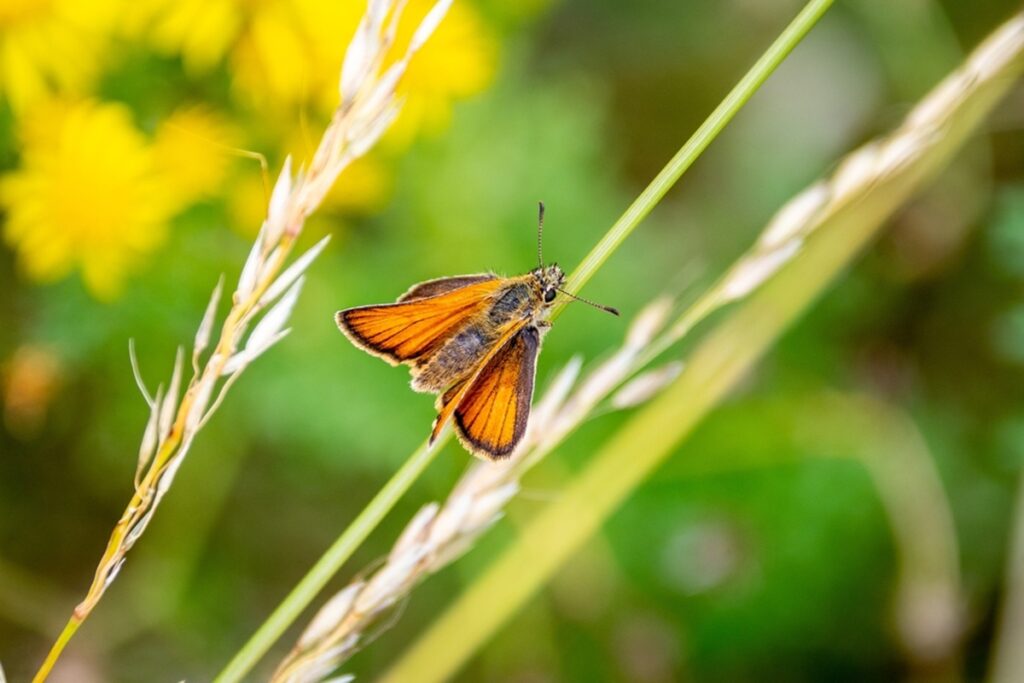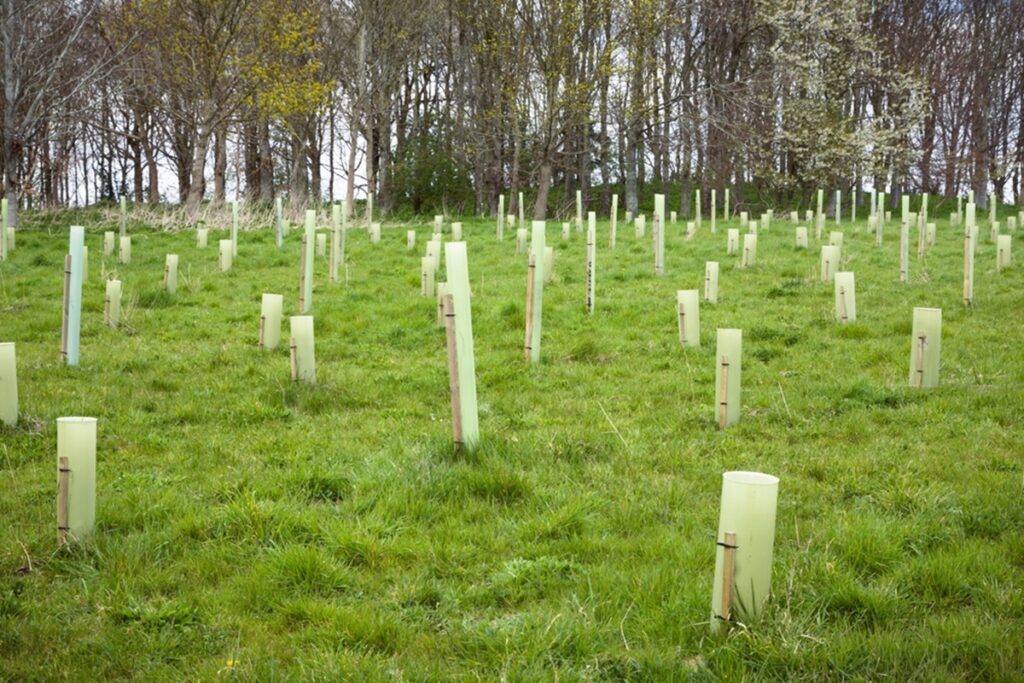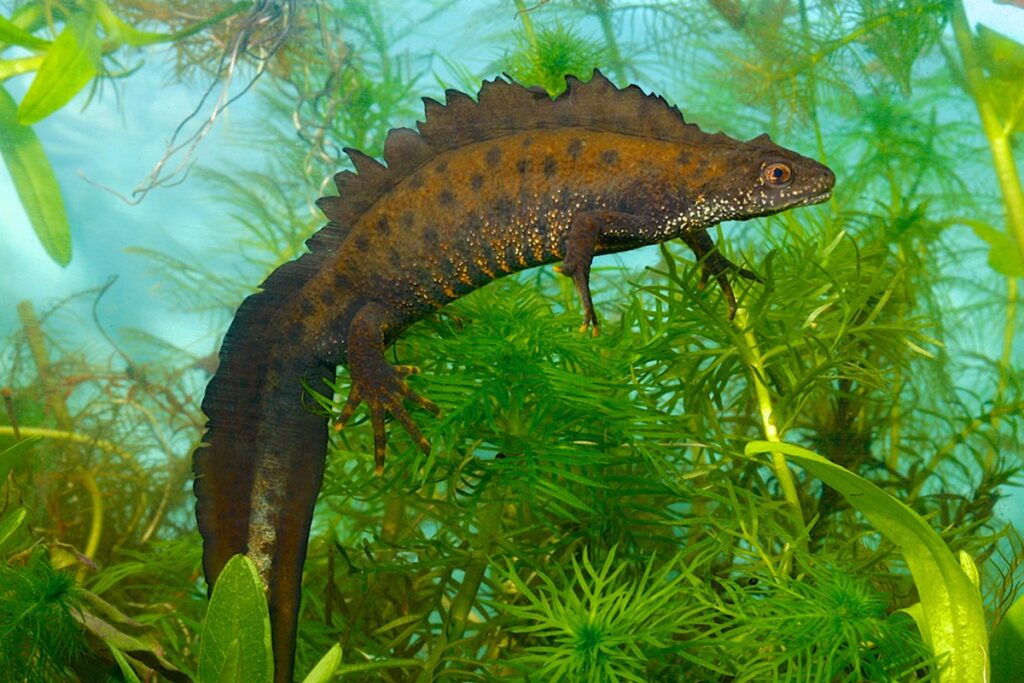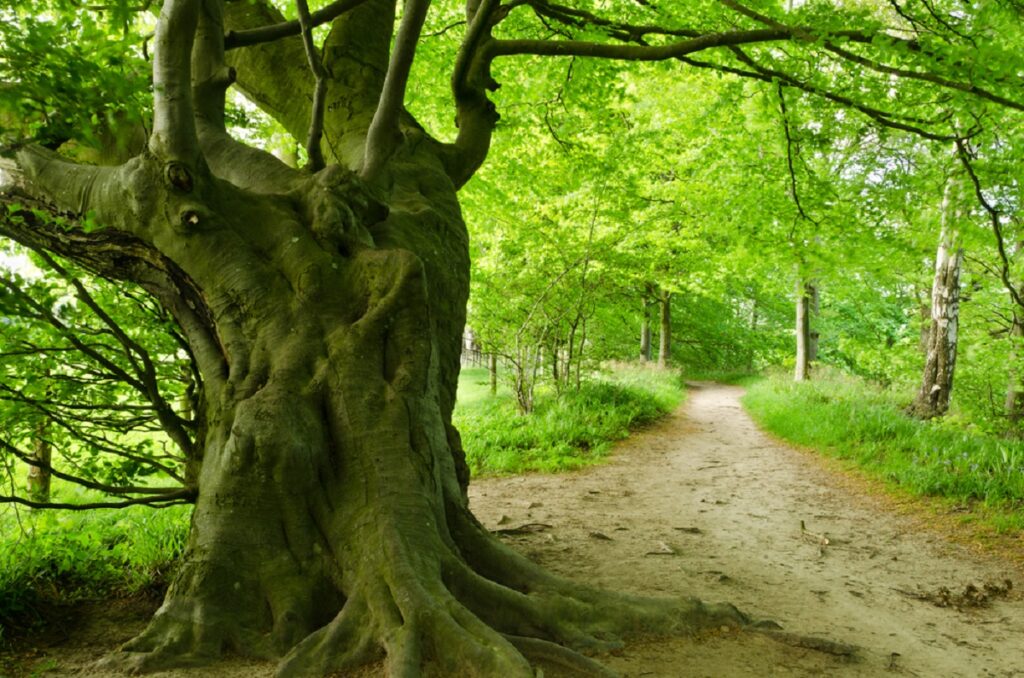Biodiversity Net Gain West Midlands County: Ecology Surveys and BNG Planning
The way development is planned and delivered across the West Midlands County has changed significantly since the introduction of biodiversity net gain (BNG) into law through the Environment Act 2021.
Following a two year transition period, since February 2024, most planning applications in England are legally required to demonstrate at least a 10% biodiversity net gain.
Mandatory biodiversity net gain applies equally to projects in Birmingham, Coventry, Wolverhampton, Dudley, Sandwell, Solihull and Walsall, meaning that developers must now build ecological improvements into their proposals from the earliest stages.
A bng plan in the West Midlands sets out how a project will achieve measurable ecological enhancements that leave habitats in a better state post-development than they were before. The process relies on the government’s statutory Biodiversity Metric to assess habitat value, and all improvements must be secured for a minimum of 30 years.
Local planning authorities in the West Midlands are now embedding these requirements into their planning conditions, alongside guidance in the National Planning Policy Framework and Natural England, local government and Environment Agency advice. BNG also fulfils corporate responsibility requirements and helps combat climate change.

Ecological Features in the West Midlands
While this is a densely populated and highly urbanised region, it also contains a wealth of valuable ecological features that must be considered within any bng plan. Parks, canals, rivers, wetlands, woodlands, and green corridors thread through the county, providing habitats for a wide range of species.
The Birmingham and Black Country Nature Improvement Area, Sandwell Valley, Sutton Park National Nature Reserve, the West Midlands Combined Authority and Coventry’s green belt all play vital roles in sustaining biodiversity.
Protected species are widespread across the county. Bats use old buildings and woodland edges, great crested newts are present in ponds and brownfield sites, and otters are increasingly recorded along river corridors. Badgers, birds, reptiles, and invertebrates are also key considerations. Ensuring that development does not fragment wildlife populations or erode green infrastructure and sites of special scientific interest is at the heart of BNG policy for local authorities.

Preparing a BNG Plan
The first step in preparing a biodiversity net gain plan West Midlands is to commission a baseline ecological survey. A qualified ecologist will classify and map the habitats within the red line boundary of a development site using the UK Habitat Classification system, assess their condition, and calculate their biodiversity value using the government’s Biodiversity Metric and the biodiversity gain hierarchy. This creates the benchmark against which post-development biodiversity can be measured.
If the initial assessment shows that the proposed development will not deliver the mandatory 10% gain on the site post development, the ecologist will recommend habitat enhancements or design changes to close the gap. This may include landscaping plans, planting of native species, creation of wildflower grasslands, wetland restoration, conservation projects or new green infrastructure to add biodiversity value. Protected species surveys often run alongside BNG assessments, ensuring that the project complies with both BNG legislation and nature conservation law.

Delivering On-Site and Off-Site BNG
Many projects aim to deliver bng on-site, integrating habitat creation directly into the development. This might involve establishing new hedgerows, planting trees, enhancing existing parkland, or introducing wildlife-friendly drainage systems. Urban greening initiatives such as green roofs and walls are increasingly popular and can contribute to biodiversity net gain calculations.
Where on-site delivery is not sufficient, developers can secure biodiversity units off-site through habitat banks. The West Midlands is seeing growing provision of such biodiversity gain sites to meet demand, ensuring that ecological improvements are still delivered locally. If neither option is possible, statutory biodiversity credits can be purchased from the government to fulfil a bng requirement, though this is considered a last resort.

Protected Species Surveys
Because of the county’s mix of urban and semi-natural habitats, protected species surveys are often required alongside a bng assessment. Surveys for bats, great crested newts, badgers, otters, and reptiles are common across Birmingham, Coventry, Wolverhampton and the surrounding boroughs. These surveys ensure compliance with wildlife legislation and help integrate the mitigation hierarchy of avoid, minimise, restore, and compensate within the wider BNG framework.
The Biodiversity Net Gain Plan
A BNG plan sets out exactly how the 10% gain will be achieved and secured. It includes baseline survey results, the creation of new habitats and enhancement measures, management and monitoring commitments, and evidence that improvements will last for at least 30 years. Local authorities such as Birmingham City Council and Coventry City Council require BNG plans to align with wider ecological strategies, including Local Nature Recovery Strategies, climate change and regional green infrastructure priorities.

Professional BNG Support in the West Midlands
Our ecology consultancy provides expert support and a full range of bng services, from initial baseline surveys and Biodiversity Metric calculations to producing nature based solutions and detailed plans to achieve biodiversity net gain. We also carry out all protected species and ecological surveys that may be needed by many local planning authorities to support applications for planning permission.
We work on major developments and small sites, for commercial clients and private householders across the West Midlands, helping them integrate biodiversity net gain into their projects and secure smooth progress through the planning system. Whether your plans require on-site habitat creation, sourcing of off-site biodiversity units, or a combination of both, we provide tailored advice and practical solutions to fulfil your bng requirement and enable councils to grant planning permission.
Request a Free Quote for BNG
If your planning application requires a biodiversity net gain plan in the West Midlands, we can provide a free, no-obligation quote tailored to your site. From large-scale infrastructure projects to small residential schemes, our experienced ecologists ensure that biodiversity net gain requirements are met in line with the Environment Act 2021.
To arrange a site visit and begin your bng plan in the West Midlands, contact us via our online form or use the telephone number above. By working with qualified ecologists early in the process, you will maximise your chances of planning success while leaving the natural environment in a measurably better state.